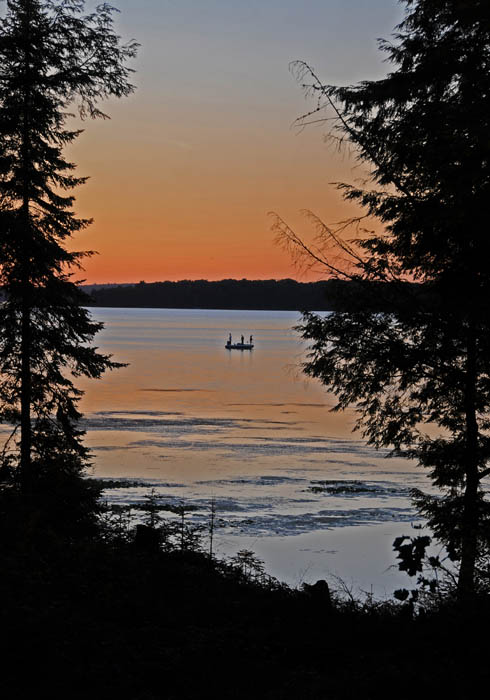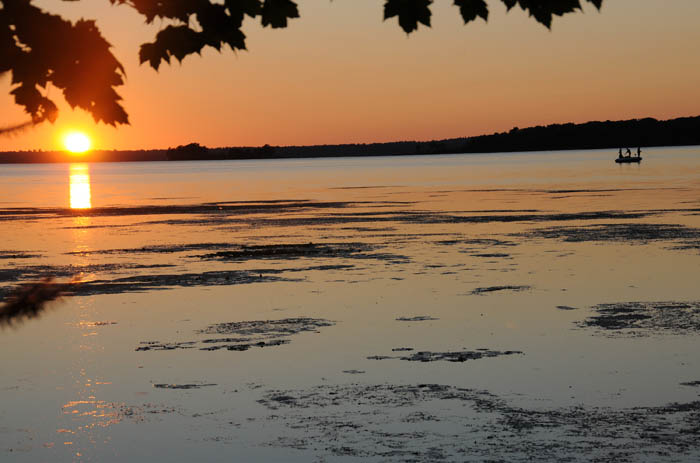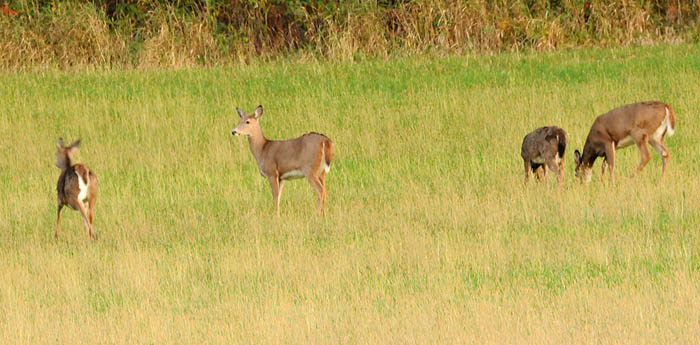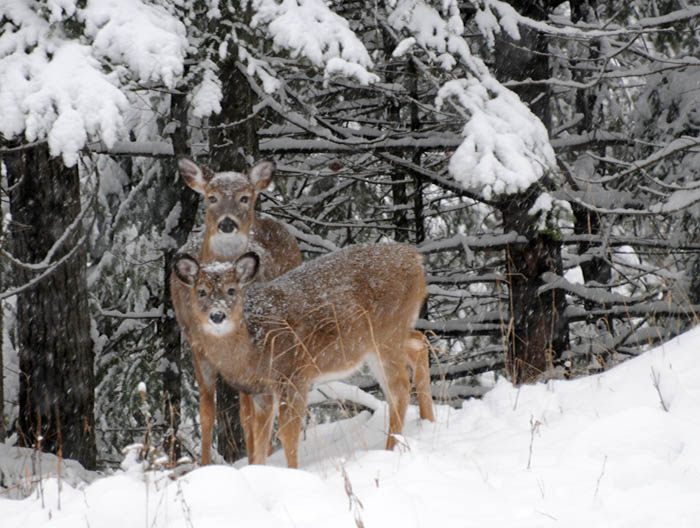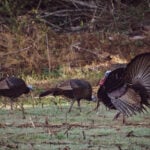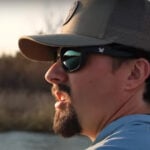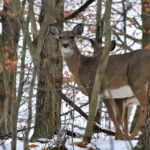The Wisconsin Department of Natural Resources and wildlife agencies nationwide have spent recent years trying to recruit, retain and re-engage hunters and anglers in a society increasingly disconnected from nature.
As Richard Louv noted in his 2005 book “Last Child in the Woods,” kids often prefer to play indoors because, as one fifth grader said, “That’s where the electrical outlets are.” Louv coined the term “nature-deficit disorder” to describe the chronic ailment.
Many of Wisconsin’s political leaders seem to be suffering from “nature-deficit disorder.”
Wildlife agencies, hunting and fishing clubs, and other private organizations responded by creating programs to introduce kids and nonhunters to the outdoors. They work together on mentored-hunt and nature-based programs to provide staffing, publicity and qualified instructors.
Likewise, schools and teachers team with agency staff to host workshops and outdoor classrooms in state parks, public forests and wildlife areas to show kids and young adults that there’s more to this world than TV, smartphones and electronic games.
Sigh.
Judging by Gov. Scott Walker’s proposals for the DNR’s 2015-17 budget, and some lawmakers’ efforts to inflict even more cuts, maybe all those hunting, fishing and outdoor mentors should have focused first on politicians. If lawmakers aren’t eliminating naturalists’ jobs, they’re shifting education and communications jobs from the DNR to the Department of Tourism while considering whether to auction off naming rights to our parks.
Wildlife agencies have been working with sportsmen to introduce young people to hunting, but these programs could be threatened by budget cuts that eliminate educators.
In other words, they’ll be gutting the very programs designed to boost hunting participation. Talk about nature-deficit disorder. Besides eliminating 24 of 27 research scientists and two of three research technicians, the budget calls for eliminating 11 communications jobs, eight of 16 educator jobs, and the Wisconsin Center for Environmental Education at UW-Stevens Point.
These proposed cuts highlight what happens when people who really aren’t outdoorsmen and outdoorswomen dictate conservation and environmental policies. They simply don’t see natural-resource education and information as core missions for wildlife agencies, and see no problem shipping such jobs to the tourism and education departments.
State parks and wildlife areas help people connect to nature and offer places to hunt and fish.
Are they blind to efforts by their colleagues and predecessors to make nature relevant to citizens? Do they not even realize the economic benefits of state parks?
A study released in 2014 found Wisconsin state park system created 8,200 jobs and $350 million in income for Wisconsinites. The roughly 14 million “visitor-days” spent in state parks generated about $1 billion in economic benefits in 2013 alone. Much of that occurred in the “gateway” communities near the parks, with 60 percent coming from people outside the area.
And parks are just the most obvious destination for outdoor-folks, partly because they attract entire families. Young parents take their kids camping, hiking, fishing and canoeing in summer, hunting in fall, and special events and programs year-round to connect everyone to land and water.
Likewise, state parks, forests and wildlife areas give the DNR a face. Hunters and anglers have long enjoyed a love/fear relationship with game wardens, and kids and campers connect regularly with rangers and naturalists. Further, one reason the visitors are even there is because someone from the DNR told them about it. Repeatedly.
Whether through the agency’s magazine, Wisconsin Natural Resources, or in press releases and public announcements in newspapers and on TV and radio, agency staff help residents appreciate that our parks and other lands offer recreation few states can match. And most DNR staffers sought such work because they value natural resources and enjoy sharing that passion with others.
One wonders if DNR administrators are even capable of advancing nature-based principles when so many are political appointees whose expertise and interests lie elsewhere. For instance, the Wisconsin DNR’s communications director, Bill Cosh, has no formal training in natural resources or conservation communications, and neither does his boss, Mike Bruhn. Their experience lies in political-advising and policy-making, not communicating/appreciating an outdoors ethic.
Some label DNR Secretary Cathy Stepp similarly, but at least she recognizes that most DNR employees sought careers that engage their devotion to Wisconsin’s people, land, air, water and forests.
Communicating with the public about nature and wildlife can be challenging for those with no background in the outdoors.
In late April, Stepp told DNR employees that Earth Day is “a celebration of the work you do throughout your careers to care for our little piece of the Earth.” Stepp went on to say:
“Wisconsin has a legacy of conservation leadership (that lives) on through each and every one of you. Because of your dedication to the natural resources, you carry on the legacies of great Wisconsin conservationists such as John Muir, Aldo Leopold and Gaylord Nelson.
“Thank you for being leaders in conservation and providing above-and-beyond customer service to our internal and external partners. You inspire others to take care of our Earth by living out DNR’s mission, and I thank you for your part in providing a healthy and sustainable environment today and for generations. Have a great day celebrating the 45th anniversary of Earth Day!”
A day later, 57 of those employees received “at risk” letters about the possibility of losing their jobs because of budget cuts – even though their jobs are funded not by state taxpayers, but by hunting/fishing license fees and federal revenues from hunting/fishing equipment sales taxes.
Unfortunately, that seems par for this course.

 By
By 